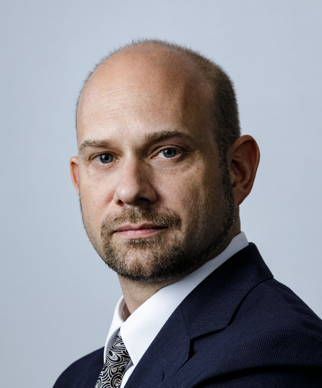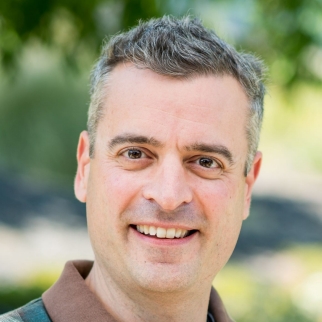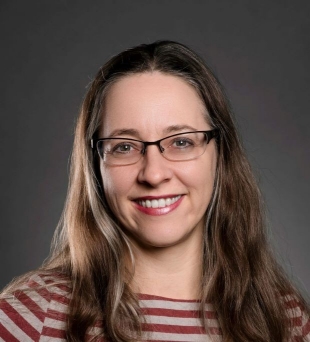Knut Woltjen, PhD
Center for iPS Cell Research and Application (CiRA) Kyoto University
Knut Woltjen is a graduate of the University of Alberta Molecular Genetics program (Honours, First Class) and received his Ph.D. from the Department of Biochemistry and Molecular Biology, University of Calgary, Canada. He completed his Post-doctoral research at the University of Toronto in 2009, and served as the founding Manager of the Ontario Human iPS Cell Facility before joining the Center for iPS Cell Research and Application (CiRA) as an Assistant Professor in 2010. He is an alumnus of the Kyoto University Hakubi Center for Advanced Research (2013 – 2017), and currently an Associate Professor in CiRA. Dr. Woltjen’s research focuses on the development and application of genome editing tools for functional genomics in order to understand the basis of human health. In 2009, Dr. Woltjen reported the creation of the first footprint-free mouse and human iPS cells using the piggyBac transposon. Since then, his laboratory continues to develop novel technologies based on CRISPR-Cas9 to drive homology-directed repair (HDR) or microhomology-mediated end joining (MMEJ) cellular repair pathways to achieve precision editing of single nucleotide polymorphisms and deletion variants.





